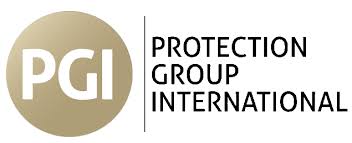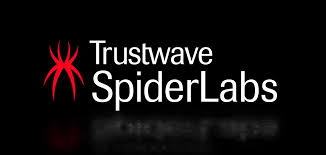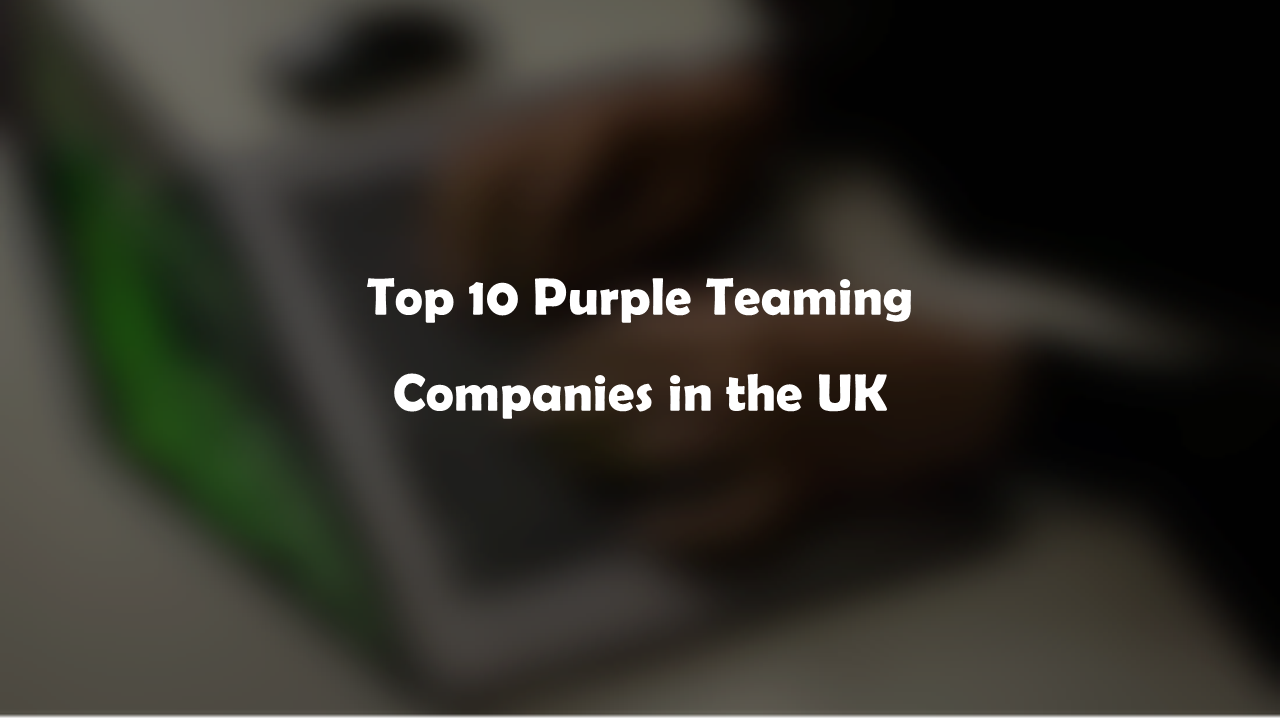We’ve reviewed the best UK-based purple teaming providers based on:
- CREST/CHECK accreditation and threat-led expertise
- Integration of red and blue teaming capabilities
- Use of MITRE ATT&CK framework
- Collaboration tools and transparency
- Experience across sectors like finance, healthcare, and government
What Is Purple Teaming?
Purple teaming is a collaborative cybersecurity approach where red teams (offensive security experts) and blue teams (defensive security teams) work together to improve an organisation’s detection and response capabilities. Unlike traditional adversarial simulations, purple teaming involves real-time knowledge sharing to strengthen defences.
It’s not just about testing security—it’s about learning and adapting. Through active collaboration, organisations gain deeper insights into their gaps and refine both their threat detection and mitigation strategies.
Why Is Purple Teaming Important?
As cyber threats grow more sophisticated, organisations need more than one-off pen tests. Purple teaming helps build resilient, continuously improving security systems. According to a 2025 SANS Institute survey, organisations that adopted purple teaming reported a 40% increase in threat detection accuracy within six months.
Purple teaming is especially crucial in industries handling sensitive data, such as healthcare, finance, and government. It ensures security teams can anticipate, detect, and respond to attacks faster and more effectively.
For any feedback or comments, or if you would like to be featured, please contact us at hello@thetechnational.com
1. ROSCA Technologies

Website: https://rosca-technologies.com/
ROSCA Technologies leads the UK in tailored purple teaming services, seamlessly integrating red and blue team collaboration. Their UK-based consultants use the MITRE ATT&CK framework to simulate real-world threats and help clients tune detection systems in real time.
Their emphasis on knowledge transfer and strategic guidance makes them ideal for both regulated industries and agile startups. ROSCA’s engagements often lead to long-term capability uplift, making security teams sharper and more self-sufficient.
2. JUMPSEC

JUMPSEC delivers structured purple teaming exercises focused on measurable improvements in detection and response. Their in-house red and blue teams collaborate directly with clients, enabling rapid feedback loops and prioritised mitigation.
With strong roots in UK threat intelligence, they tailor engagements to industry-specific risks. JUMPSEC also offers follow-up training and advisory to help clients operationalise lessons learned.
3. Redscan

Redscan provides purple teaming services that blend offensive and defensive techniques. Their CREST-certified consultants simulate realistic cyberattacks while guiding internal teams to improve alerting and response.
They focus heavily on knowledge transfer, equipping internal teams with improved threat intelligence and detection strategies. Redscan is well-suited for financial, healthcare, and public sector clients.
4. Context (now part of Accenture Security)

Context offers advanced purple teaming services that integrate threat simulation with security enhancement. Their consultants provide insights grounded in threat intelligence and technical rigour.
They work closely with internal teams to improve SOC processes and incident response. Their services are particularly valuable for enterprise clients undergoing digital transformation.
5. NCC Group

NCC Group provides comprehensive purple teaming engagements across the UK. Their service model incorporates attack simulation, defensive gap analysis, and remediation support.
Their consultants use frameworks like MITRE ATT&CK and deliver actionable reporting to improve detection and response. NCC’s purple team services span cloud, on-premise, and hybrid environments.
6. Bulletproof

Bulletproof’s purple teaming services focus on aligning offensive insights with blue team capabilities. Their teams use adversary emulation to uncover detection gaps and provide practical remediation plans.
With CREST-accredited testers and UK-based analysts, Bulletproof tailors its services to SMEs and enterprise clients alike. Their purple teaming exercises often inform broader security roadmaps.
7. Nettitude (a Lloyd's Register company)

Nettitude combines its red and blue teams in a collaborative format to help clients identify and fix weaknesses quickly. They leverage global threat intelligence and structured frameworks.
Their purple teaming services span endpoint security, SIEM tuning, and threat hunting. Nettitude is trusted across finance, defence, and infrastructure sectors.
8. Cyberis

Cyberis runs structured purple teaming exercises to help internal SOCs refine their detection capabilities. Their process includes threat emulation, detection mapping, and blue team coaching.
Clients benefit from their deep CREST experience and collaborative testing ethos. Cyberis also offers workshops for continuous security improvement.
9. PGI (Protection Group International)

PGI’s purple teaming services combine red team attacks with real-time coaching for defenders. Their engagements are goal-driven, using realistic threat scenarios based on recent industry trends.
They serve clients across government and critical infrastructure, supporting improvements in alert fidelity and incident triage. PGI also offers purple team readiness assessments.
10. Trustwave SpiderLabs

Trustwave’s UK-based consultants offer purple teaming as part of their managed detection and response services. Their approach focuses on detecting advanced threats and improving SOC maturity.
They use tactics like spear phishing and custom malware to emulate targeted attacks, working with blue teams to plug gaps. Trustwave is a good fit for large enterprises with maturing security operations.
What Are The Pros And Cons of Purple Teaming?
The biggest benefit of purple teaming is that it helps your security team improve in real time. Your defenders learn how attacks work, your detection rules are fine-tuned during the exercise, and your overall incident response gets much stronger—research shows up to 40% better threat detection.
However, there are drawbacks. Purple teaming is more expensive than standard penetration testing. It also requires your security team to be fully involved, which can interrupt their normal work. Plus, it only works well if your team already has some defensive tools and skills in place.
Security Testing Approaches: Quick Comparison
| Testing Type | What It Does | Duration | Cost (UK) | Best For |
|---|---|---|---|---|
| Purple Teaming | Red & blue teams collaborate to improve detection | 2-4 weeks | £15k-£150k | Organizations wanting to learn and improve |
| Red Teaming | Simulates real attacks to test defenses | 2-6 weeks | £25k-£100k+ | Mature security teams needing realistic testing |
| Blue Teaming | Focuses on building defensive capabilities | Ongoing | Internal costs | Building SOC skills and processes |
| Penetration Testing | Finds and exploits specific vulnerabilities | 1-3 weeks | £5k-£50k | Regular security checks and compliance |
| Vulnerability Scanning | Automated discovery of known weaknesses | 1-2 weeks | £3k-£25k | Quick baseline security assessment |
Key Differences at a Glance
Purple Teaming
- Collaborative: Teams work together in real-time
- Educational: High knowledge transfer and skill building
- Continuous improvement: Focuses on detection and response enhancement
Red Teaming
- Adversarial: Attackers vs. defenders (no collaboration)
- Realistic: Tests how well you detect sophisticated attacks
- Goal-oriented: Success measured by objectives achieved undetected
Penetration Testing
- Technical: Finds specific vulnerabilities to fix
- Point-in-time: Snapshot of current security posture
- Compliance-focused: Often required for regulatory requirements
Quick Decision Guide:
- Want to improve your team's skills? → Purple Teaming
- Need realistic attack simulation? → Red Teaming
- Require compliance testing? → Penetration Testing
- Starting your security journey? → Vulnerability Scanning
FAQs
Q1: How long does a typical purple teaming engagement last?Most purple teaming engagements run for 2-4 weeks, depending on the scope and complexity of your environment. This includes planning, execution, real-time collaboration sessions, and final reporting with remediation guidance.
Q2: What preparation is required before starting purple teaming?You'll need an established blue team or SOC capability, documented security controls, and access to security tools and logs. Basic incident response procedures should be in place, though purple teaming will help refine them.
Q3: How much does purple teaming cost in the UK?Costs typically range from £15,000-£50,000 for SMEs and £50,000-£150,000+ for enterprise engagements, depending on scope, duration, and the provider's expertise level.
Q4: What's the difference between purple teaming and penetration testing?Penetration testing identifies vulnerabilities at a point in time. Purple teaming focuses on improving your ongoing detection and response capabilities through collaborative exercises and knowledge transfer.
Q5: Can purple teaming be done remotely?Yes, many aspects can be conducted remotely, especially since the COVID-19 pandemic. However, some on-site presence may be beneficial for complex environments or when physical security is in scope.
Q6: What deliverables should I expect from purple teaming?Expect detailed attack scenarios, detection gap analysis, improved SIEM rules, enhanced playbooks, team training materials, and a roadmap for ongoing security improvements.








